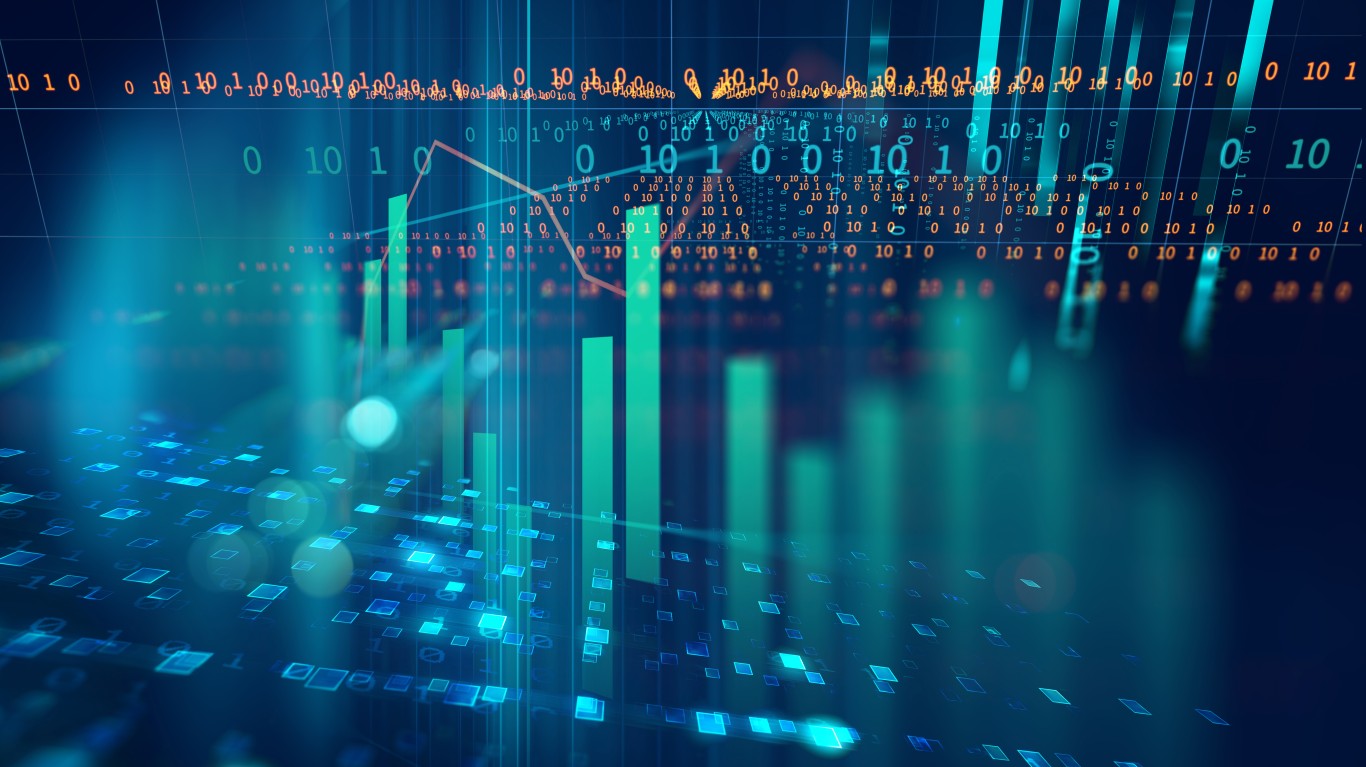
According to a new study, nearly half of UK jobs are at risk of being taken over by a machine. 45% of roles were at medium to high risk of being replaced by AI (artificial intelligence), including taxi drivers, dental nurses, and sales and customer services staff.
Data analysts at NetVoucherCodes looked at over 400 jobs to assess their risk of being replaced by AI or automation in the coming decades. The data revealed that the lowest-paid jobs are most at risk of being replaced by robots.
Using the AI bot ChatGPT, the analysts looked at job roles using the ONS Employee earnings in the UK 2022 survey to find out how at risk they are from automation and AI.
High Risk of Replacement
According to the data, lower-paid jobs are at a higher risk of being replaced because many of these roles involve repetitive tasks that require little creativity or decision-making.
The experts concluded that bus and delivery drivers could be easily replaced as their routes can be programmed into a machine, and no human thinking will be required. Other low-paid occupations at risk of being replaced are receptionists, nursing assistants, dental nurses, and taxi drivers.
Here are the top 10 jobs with a high risk of replacement by AI, ranked by average salary:
- Secretarial and related occupations
- Health associate professionals
- Nursing auxiliaries and assistants
- Housekeeping and related services
- Cleaning and Housekeeping managers and supervisors
- Leisure, travel, and related personal service occupations
- Elementary sales occupations
- Industrial cleaning process occupations
- Dental nurses
- Sewing machinists
Low Risk of Replacement
Higher-paid occupations such as lawyers and doctors require high levels of critical thinking and decision-making that a machine cannot replicate.
Mechanical engineers, paramedics, head teachers, and medical practitioners are all among those who are at low risk of being replaced by AI, and they all have a higher salary. Similarly, many creative jobs cannot be replaced by AI or automation. Fashion designers, for example, rely on human touch and decision-making, looking at trends and cultural influences.
Here are the top 10 jobs with a low risk of replacement by AI, ranked by average salary:
- Chief Executives and senior officials
- Specialist medical practitioners
- Aircraft pilots and air traffic controllers
- Head teachers and principals
- Medical practitioners
- Solicitors and lawyers
- Managers, directors, and senior officials
- Legal professionals
- Barristers and judges
- Paramedics
Artificial Intelligence vs. Automation
AI refers to technology that is programmed to think and learn like a human. It is considered a much more advanced version of automation as it can think and learn independently. On the other hand, automation involves technology that can perform tasks automatically but cannot think or learn.
AI has the ability to replace workers who are assigned repetitive and time-consuming tasks, freeing up humans to focus on more complex things.
While jobs like bus drivers and delivery drivers are at high risk of being replaced by automation, this won’t replace any human initiative.
John Strizaker from NetVoucherCodes analyzed the data and created the job risk generator. He points out, “It’s really interesting to see how powerful AI and automation is becoming.
“The data we’ve pulled together shows that a lot of lower-income jobs are the ones that are at a higher risk of being replaced. When we break this down, we realize it’s because these jobs often involve many of the same repetitive tasks. This can be input into a computer and be done automatically.”
Is Your Job at Risk?
Analysts created an online generator that, ironically, works with AI – now anyone can type in their occupation and examine the risk their job faces from being replaced by AI. To find out if your job is at risk of being replaced by AI, visit NetVoucherCodes and ask the AI Career Risk tool.
John says, “Although this might be a concern in the near future, there are a lot of benefits to AI and automation. It will increase productivity, especially in creative fields, and it will be able to take over repetitive tasks and free up workers for other things that require thinking.”
This article was produced and syndicated by Wealth of Geeks.
Thank you for reading! Have some feedback for us?
Contact the 24/7 Wall St. editorial team.





